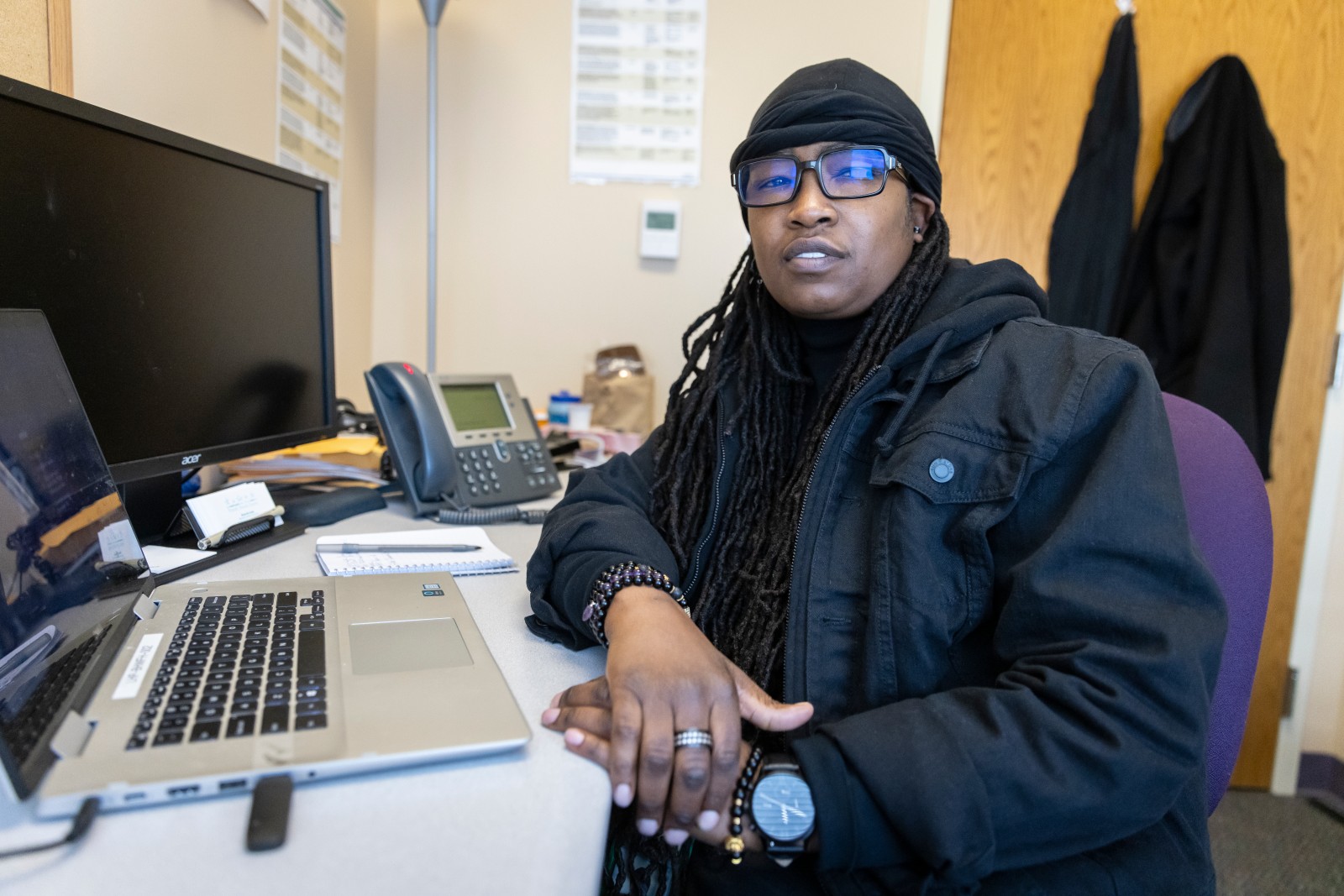About twice a month, the counselor at a huge elementary college on Chicago’s Northwest Facet calls a hotline to get an emergency mental overall health evaluation for a kid she thinks is in critical require of aid, though it occasionally feels like a worthless training.
A crisis employee comes to appraise the kid by means of a point out system. If they believe they’re possible to damage themselves or some others, the little one is commonly routed to a clinic psychiatric device, sometimes far from property. But for the the greater part of little ones who need to have normal intensive therapy, the counselor stated they normally get nothing at all.
“If the baby requires therapeutic solutions … there’s no stick to-up,” said the counselor, who WBEZ isn’t naming simply because she did not get permission from Chicago General public Educational facilities to be interviewed. “They have really fallen driving.”
The condition plan is named Screening, Assessment and Guidance Services, or SASS. It is meant to streamline the process for receiving psychological well being providers to young children from very low-income households on Medicaid and these with no insurance when they are in disaster.
But a WBEZ investigation found the system is slipping woefully small. SASS employees can be a serious assist, but they do not have more than enough remedy selections to deliver young ones in distress. The point out mostly outsources this software to private insurance coverage firms with Medicaid contracts. But the state only not too long ago started out necessitating insurers to protected appointments for children immediately after a SASS crisis intervention, or soon after a baby is discharged from a clinic.
“We imagine (the insurers) have a lot more levers at their disposal to get children some of individuals stick to-up appointments,” stated Ben Winick, main of workers at the Illinois Section of Health care and Family members Providers, which oversees SASS. “Obviously, not normally as productive as we would like, and, with the way items are today, even if you have commercial insurance, it can consider a long time to get an appointment.”
Systemic concerns, exacerbated by the pandemic, make it difficult to get outpatient remedy, specially for the little ones of small-earnings family members SASS serves.
Lots of therapists really do not get insurance plan at all, allow by itself address small children, producing treatment pricey or not available. The workforce shortage in overall health care also signifies some destinations that normally treat sufferers who have Medicaid have waitlists that are so total, they’re shut.
Little ones with personal insurance policy have a tendency to have greater networks of health professionals.
“Definitely, there’s a two-tier procedure,” said Dr. Mary Dobbins, a downstate youngster psychiatrist.
A new substantial nationwide study involving Lurie Children’s Hospital of Chicago illuminates the disparity. Only 56{2c3a8711102f73ee058d83c6a8025dc7f37722aad075054eaafcf582b93871a0} of young children with Medicaid who went to an crisis department in 2018-19 with a mental health disaster obtained any outpatient follow-up inside 30 times. The costs have been significantly even worse for Black children.
There is also a huge range of ordeals amongst youngsters with Medicaid. Some SASS companies offer you therapy in-household, many others even send therapists to educational institutions to get the job done with little ones. Meanwhile, other SASS providers are confused with demand and are in communities with extremely restricted mental health and fitness means.
A lot of counselors in educational facilities with little ones from lower-profits households contact SASS in hopes of getting outpatient assistance for their college students, but close up obtaining to come across businesses on their possess. Next to hospitals, universities call the hotline that triggers a SASS response most usually, state information demonstrates. Schools also complain about small children returning to course following hospital psychiatric care with no discharge approach and no adhere to-up appointments.
Yet another obstacle all around securing outpatient treatment: There is no serious-time database of readily available appointments, leaving families to phone one provider following another.
At Erie Loved ones Health’s clinic in Humboldt Park, Sweet Barren, a behavioral overall health group engagement expert, tries to make certain accessibility. She opens a pc file and demonstrates an in depth database of professionals, potential, hold out situations, the insurance coverage they consider and even their testimonials online.
Barren has invested hrs on hours developing this record.
“It’s regrettable that this stuff is not out there presently,” Barren claimed. “But I try not to imagine about that part, simply because it’ll make you cry.”

The lack of outpatient treatment has shifted the burden to most important treatment doctors and nurses. Some have grow to be a stopgap of sorts, prescribing medications to young ones for anxiousness, for example, although they wait – often for months – to see a therapist.
But this isn’t acceptable for every boy or girl. In some cases when youngsters are discharged from hospitals and have to have intense adhere to-up, they as an alternative wind up back again with their loved ones doctor.
“We are sick equipped to tackle that,” claimed Jessica Boland, director of behavioral health and fitness at Esperanza Health and fitness Centers, a team of clinics on the Southwest Aspect that predominantly take care of minimal-earnings Latino individuals.
She sees a “vicious cycle” of youngsters that churn by way of courses like SASS – in and out of hospitals.
“SASS on paper seems fantastic, right?” questioned Boland. “SASS in observe? It is severely underfunded, it is below-resourced. If you have little ones that are just right away a security threat, absolutely sure, that’s what we have and we can get them to hospitals. But for any of that grey location among there, it’s ineffective.”
Kristen Schorsch covers public wellbeing and Cook dinner County for WBEZ. Sarah Karp covers education for WBEZ.
Comply with them on Twitter @kschorsch, @sskedreporter and @WBEZeducation.






